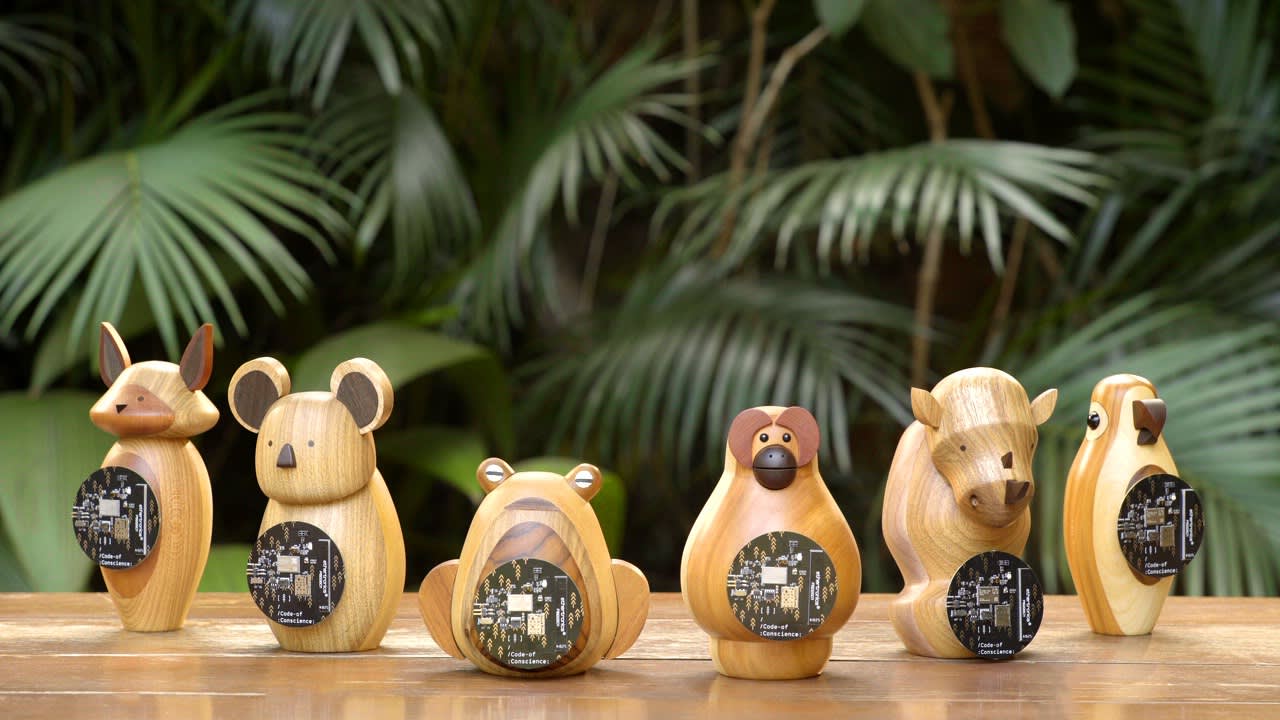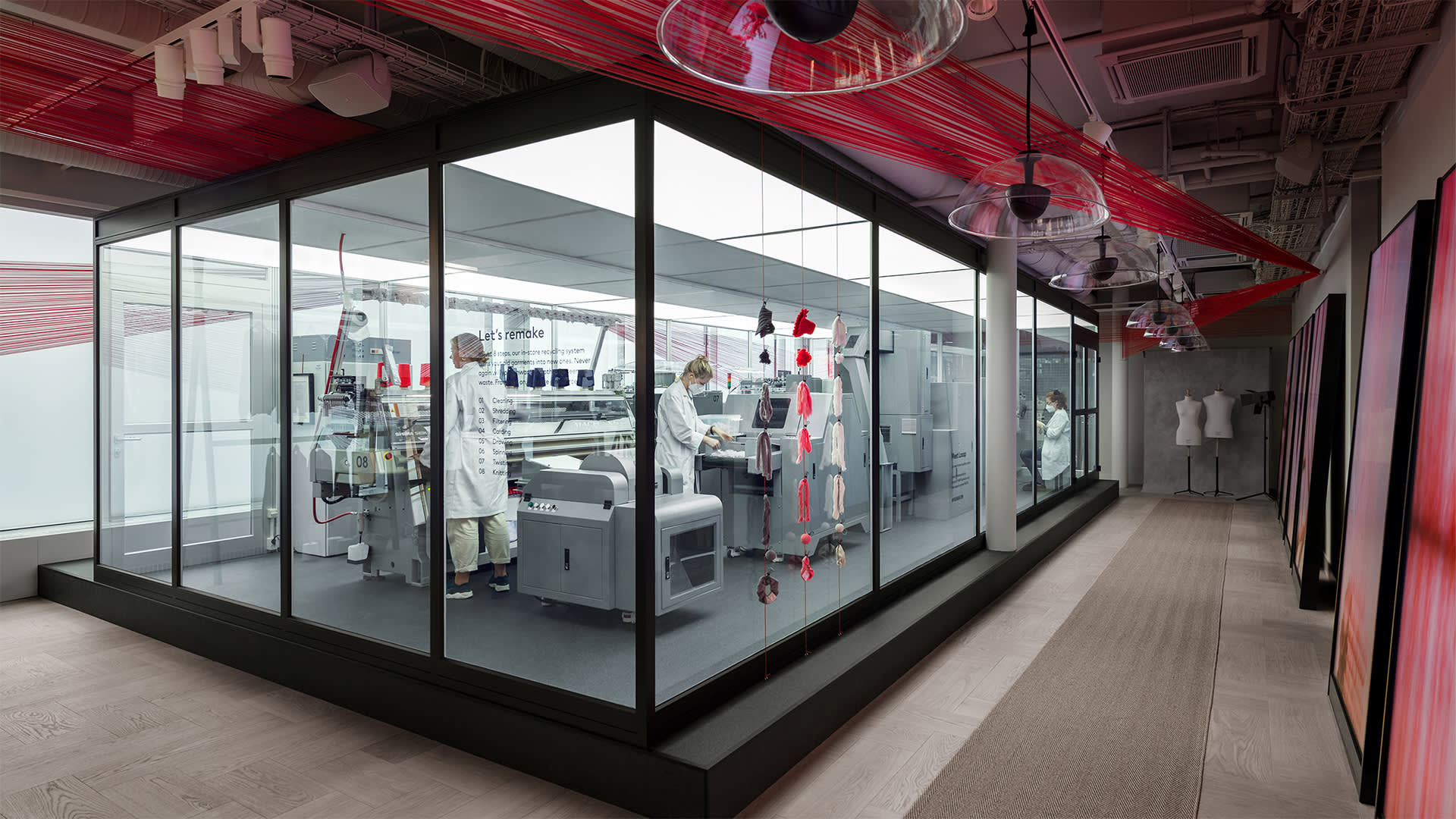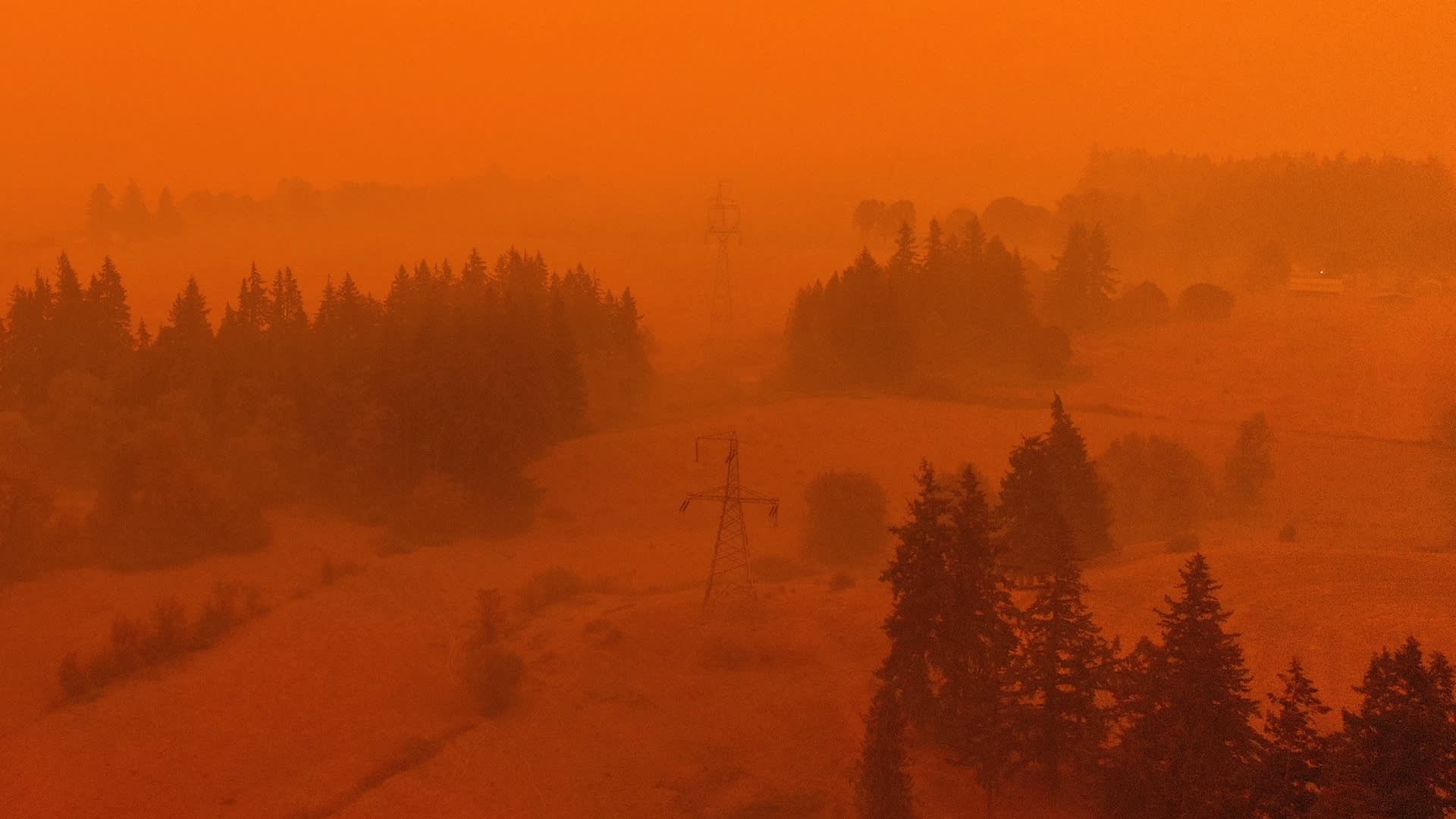AKQA
Code of Conscience
A cyber shield around natural reserves.

Insight
Despite its protective status, one-third of the world’s nature reserves are under threat from human activity.
In the Amazon rainforest, trees are getting logged due to lack of law enforcement and illegal gold mining is becoming a serious problem. But what if it was impossible for machines to cut down protected trees?
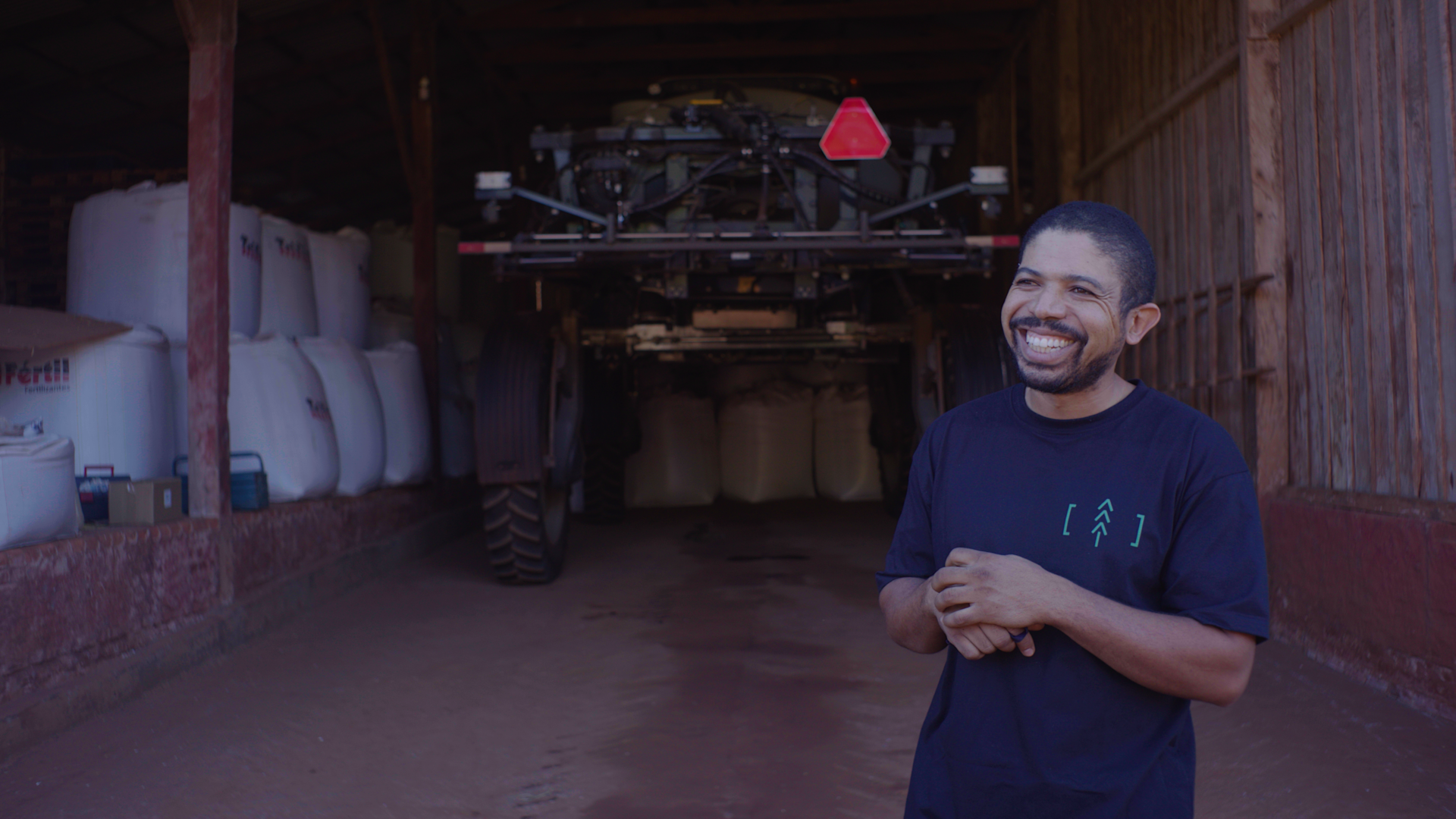
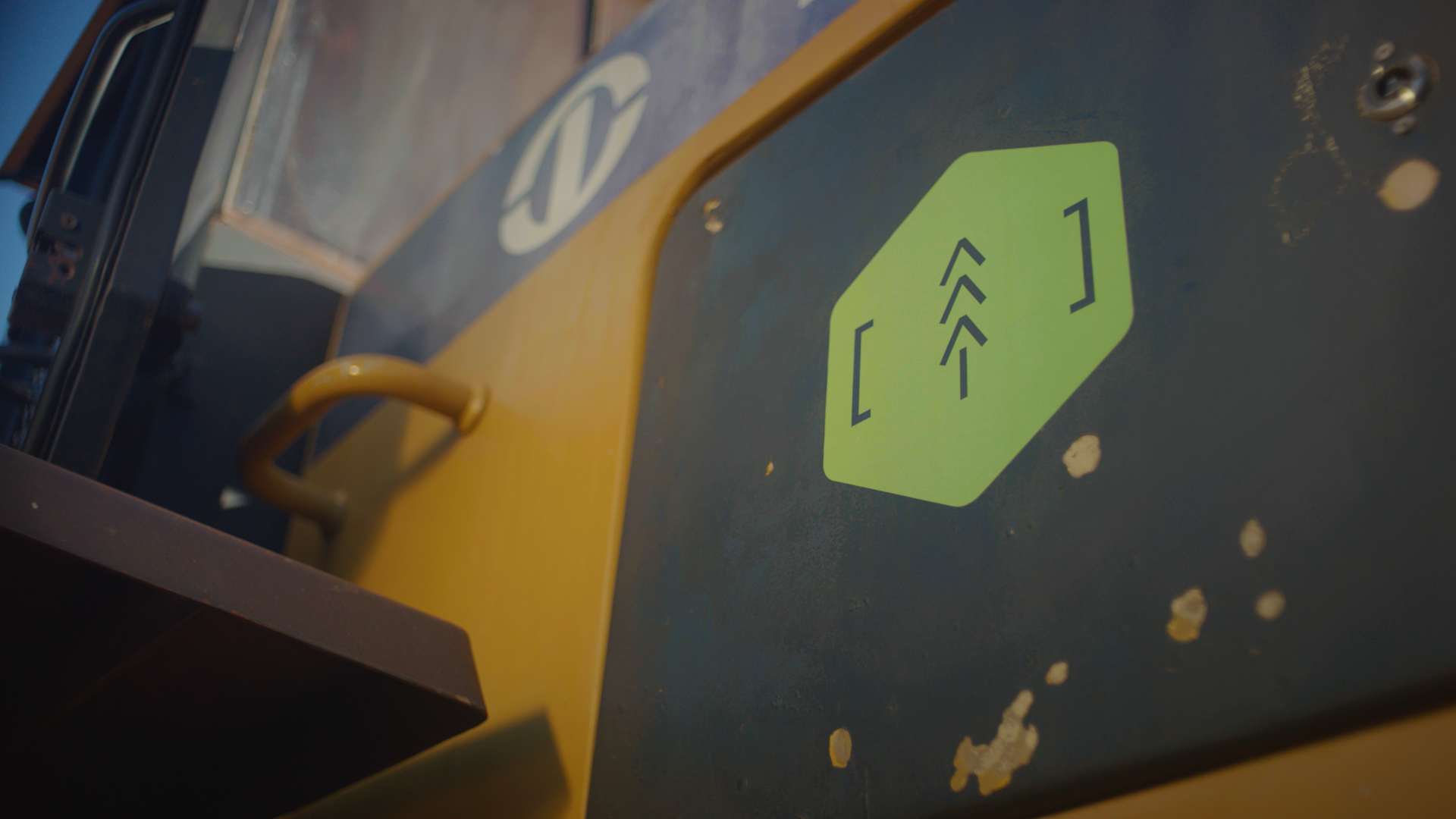
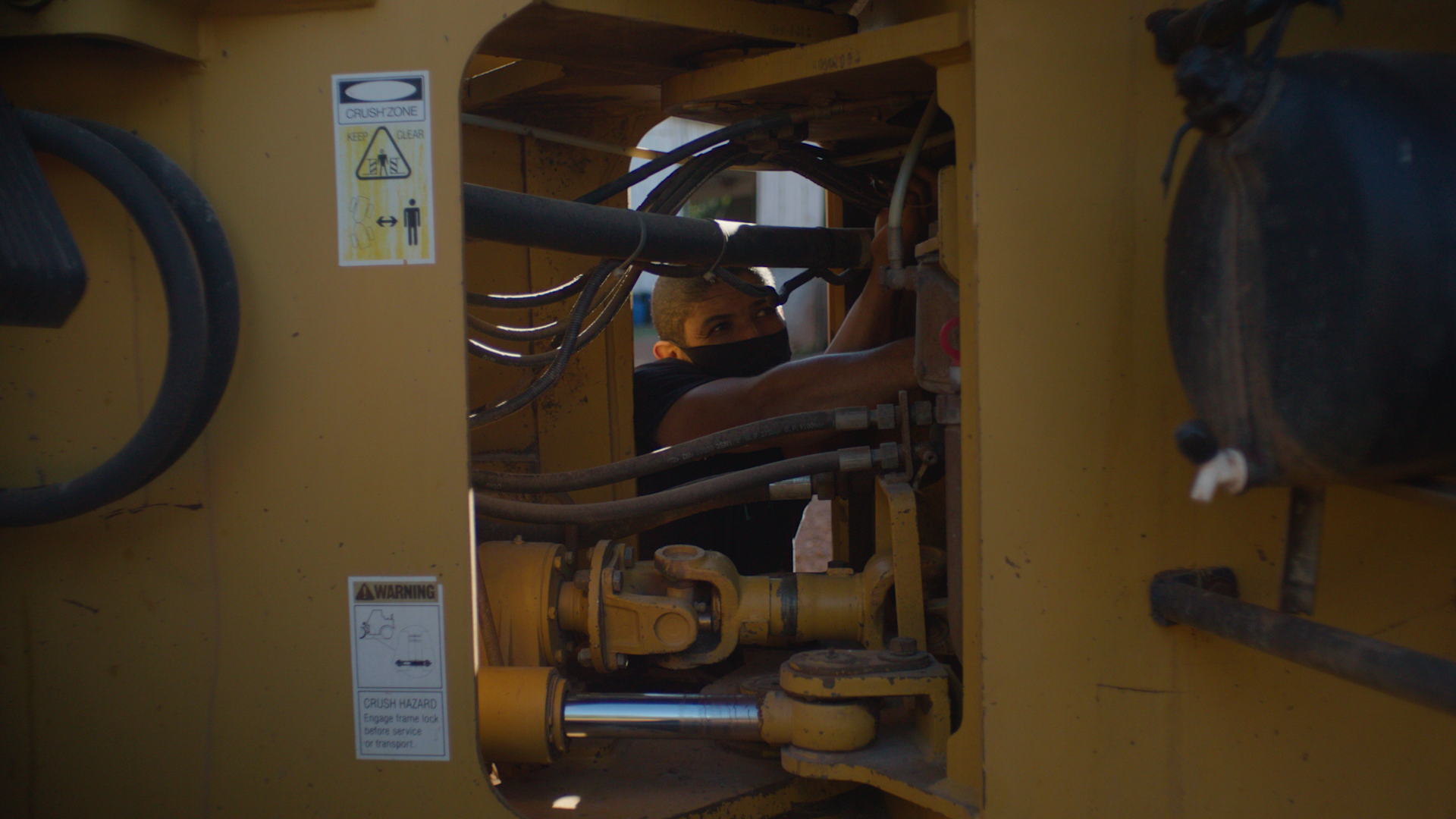
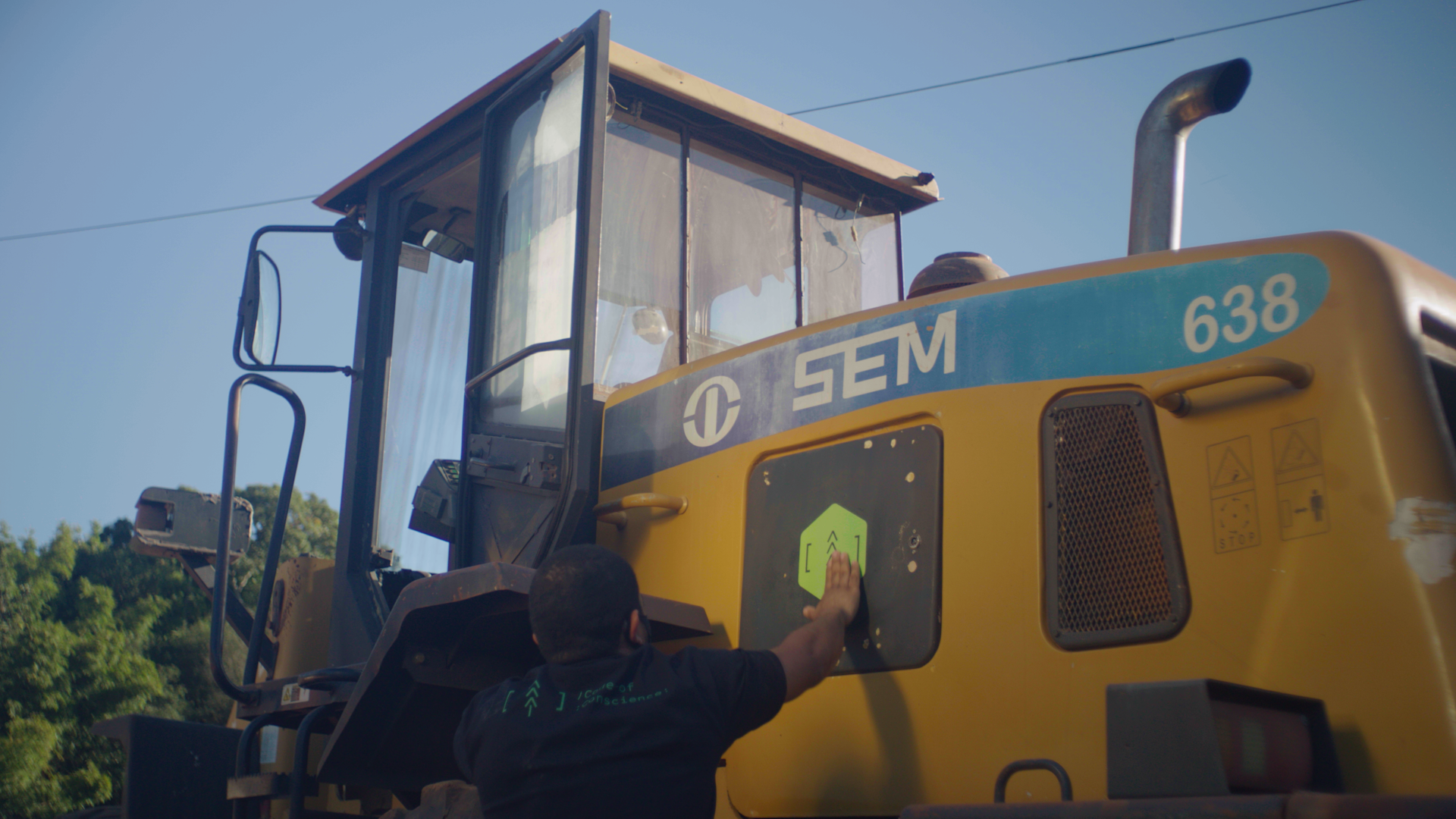
Idea
In collaboration with NGOs worldwide, AKQA has launched an open-source software called Code of Conscience that restricts the use of heavy-duty vehicles in protected areas, on land and in our oceans too.
Code of Conscience uses free mapping data from the United Nations World Database on Protected Areas, the most comprehensive global database on terrestrial and marine protected areas, which is updated monthly by NGOs, communities and governments. This is used in conjunction with existing GPS tracking technology installed in construction vehicles to autonomously restrict deforestation crews from entering protected zones.
It’s challenging to monitor remote areas but the software presents heavy-duty equipment manufacturers with a simple way to prohibit the world’s natural reserves from being negatively impacted.
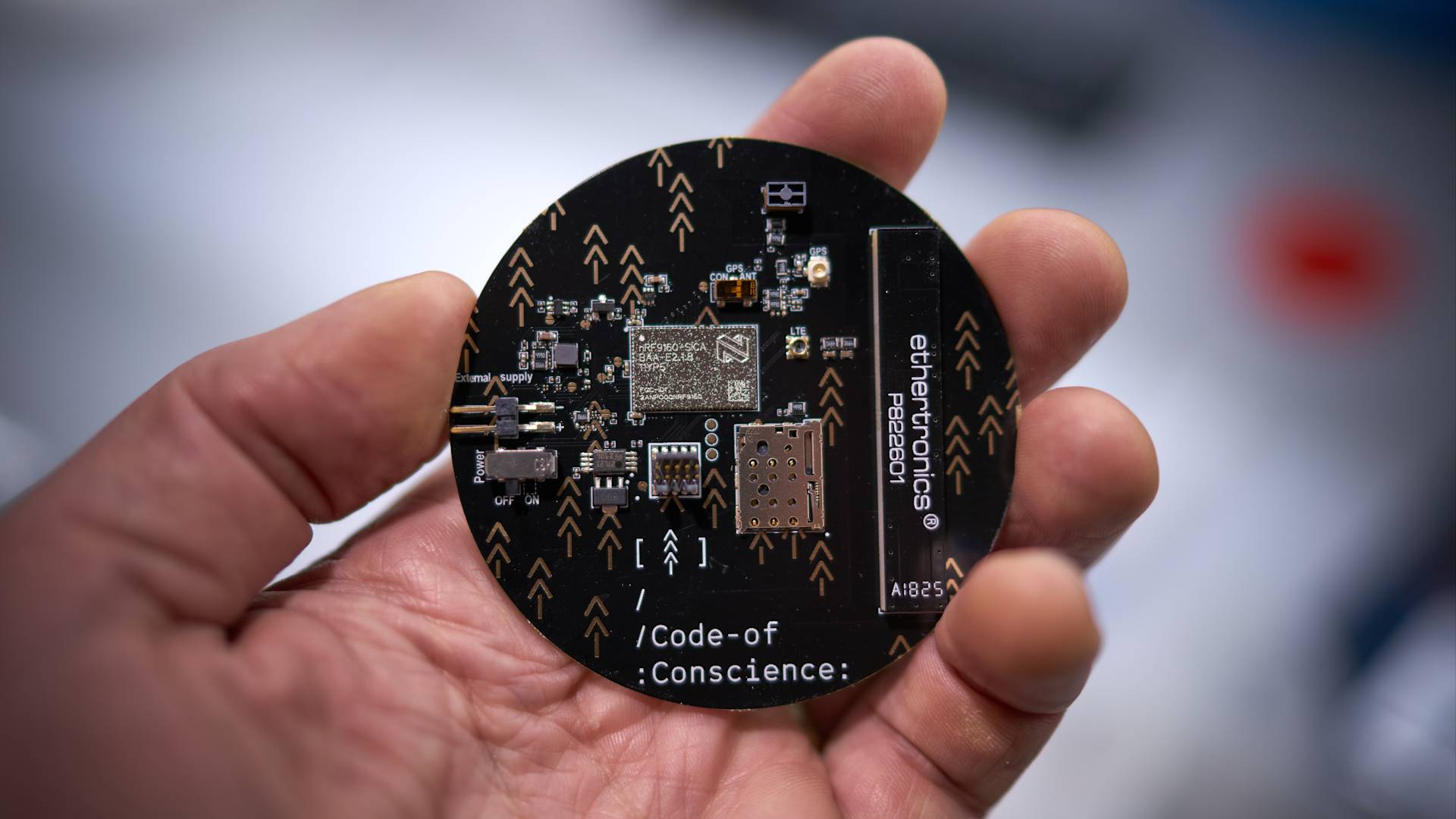
May all heavy machine manufacturers and leaders come and see this. So that the tractors operate but stop when they reach our land, our forest, and so it continues to exist. It is for our awareness and for the forest to stand up.



To equip the code into older, non-GPS models, a small, low-cost chip has been developed, and the software is available for free to everyone.


An invitation comprising of the Code of Conscience chip embedded in a wooden sculpture of an endangered animal was sent to the CEOs of the world’s top construction equipment manufacturers. The vision is for all new machines to leave the factory with the code pre-installed.
Impact
The ongoing work continues to build momentum with global coverage sparking the interest of private companies and governments.
Fleets in Australia and Brazil have started to implement the code, including 3tentos one of the biggest Brazilian agricultural companies.
The cyber shield now fights illegal fishing by supervising boat activities in protected ocean areas using the UN’s World Database. The code is also being implementing in heavy machines, trucks and boats that act in protected areas near the Amazon with other governments in South America and Europe working to turn the code into law.
